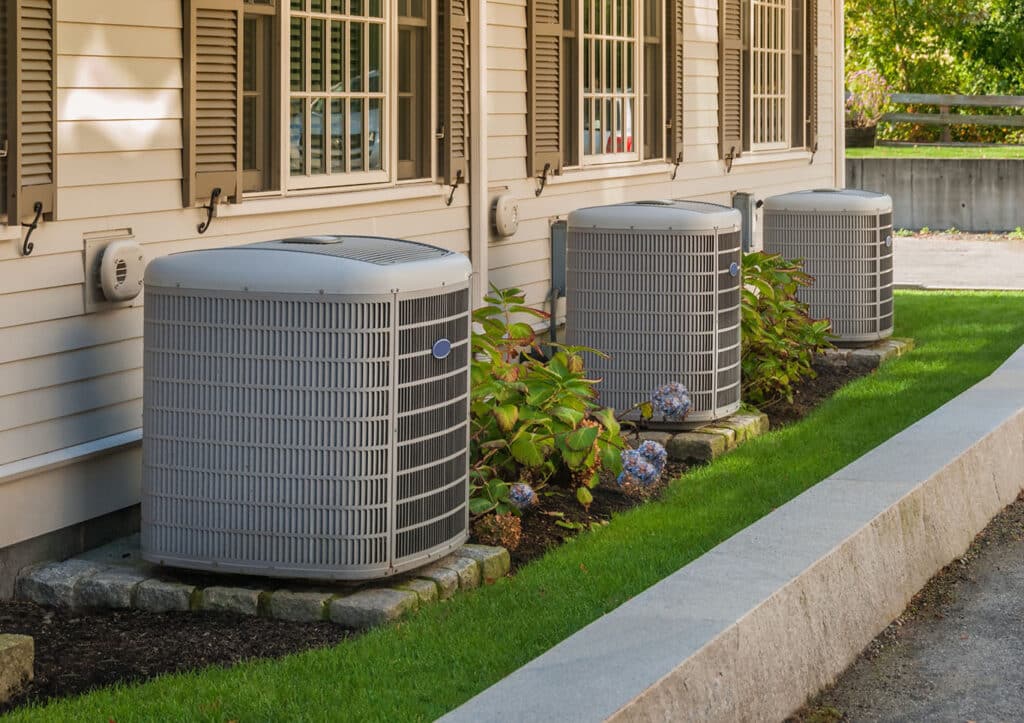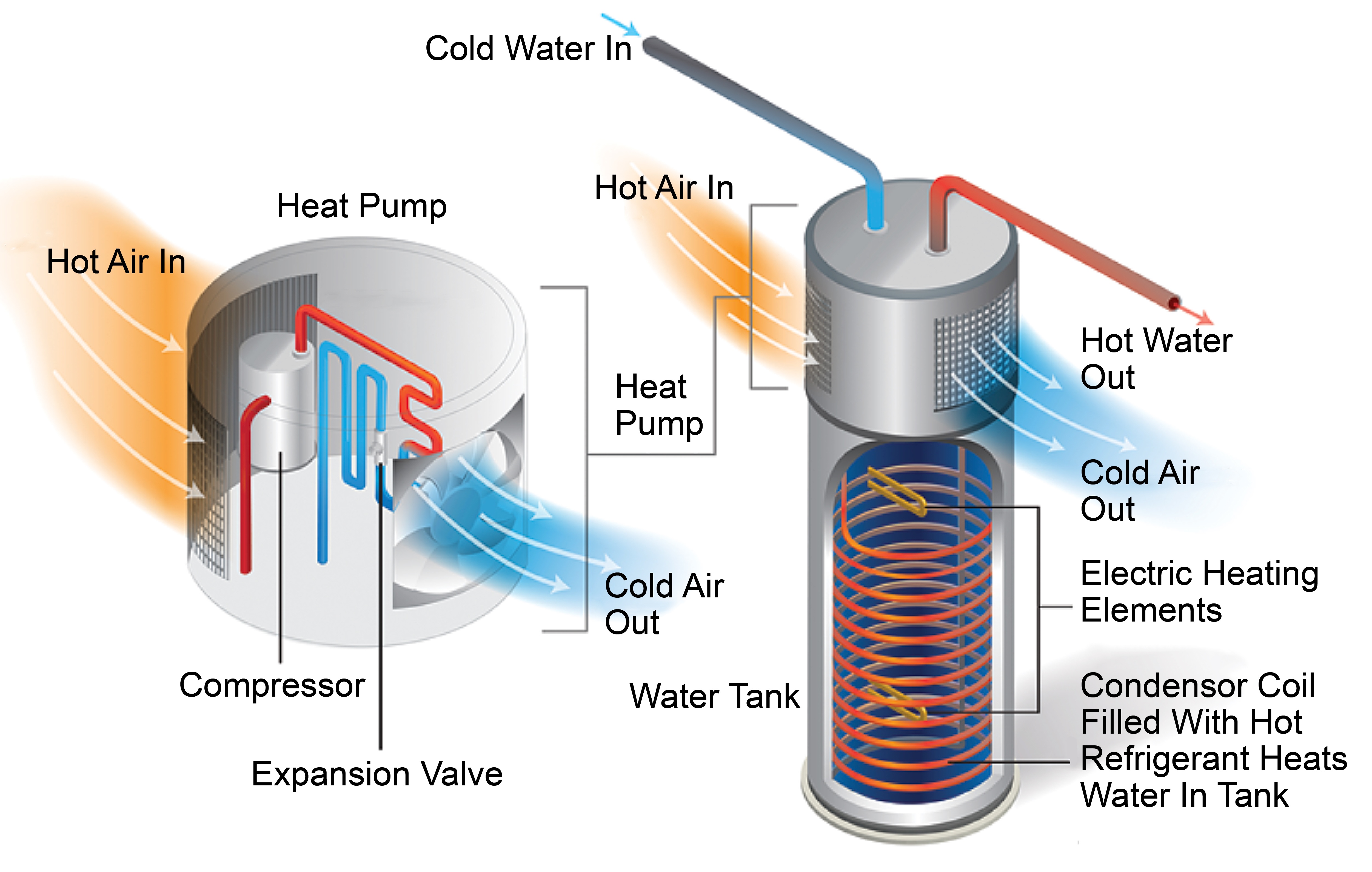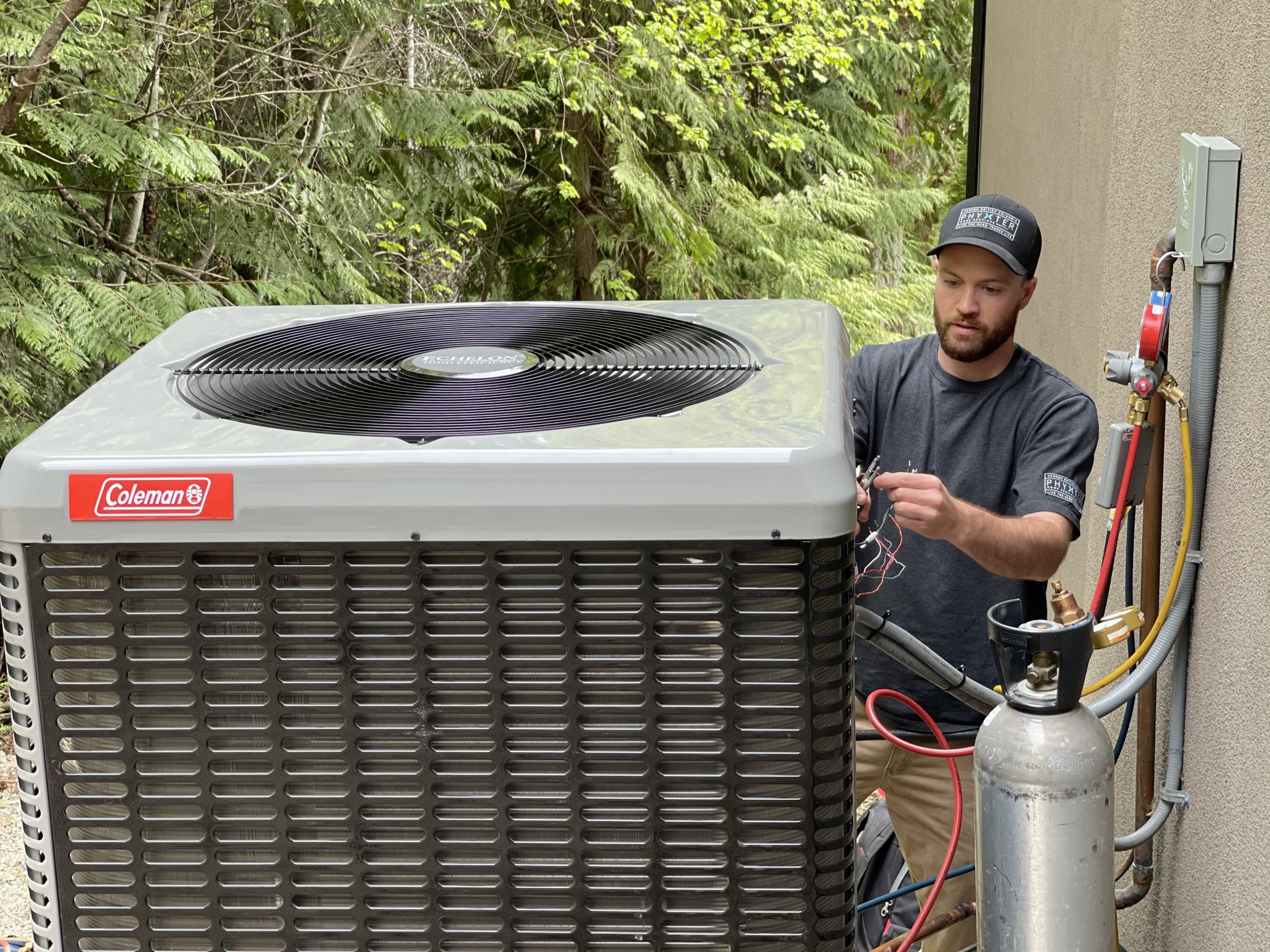If you’re a homeowner in Rhode Island, you’ve probably heard about heat pumps but might not know exactly how they work or if they’re right for your home. Understanding heat pumps can save you money on energy bills and keep your home comfortable year-round.
You’ll discover the key things you need to know before choosing a heat pump. From how they handle Rhode Island’s chilly winters to their benefits and costs, we’ll help you make an informed decision that fits your needs and budget.
Keep reading to find out how a heat pump could be the smart upgrade your home deserves.

Credit: www.martelplumbingri.com
Benefits Of Heat Pumps
Heat pumps offer many benefits for homeowners in Rhode Island. They provide a reliable way to heat and cool homes efficiently. This technology helps reduce energy use and can lower utility bills. Heat pumps also support a cleaner environment by using less fossil fuel. Below are key benefits that make heat pumps a smart choice.
Energy Efficiency
Heat pumps use electricity to move heat, not create it. This process uses less energy than traditional heaters. They work well in Rhode Island’s climate. Even in cold weather, heat pumps can extract heat from outside air. This makes homes comfortable year-round with less energy waste.
Cost Savings
Using less energy means lower monthly bills. Heat pumps can cut heating and cooling costs by up to 50%. Many homeowners see quick savings after installation. The system also requires less maintenance than traditional HVAC units. This reduces repair costs over time.
Environmental Impact
Heat pumps reduce the use of oil and gas. This lowers greenhouse gas emissions and air pollution. Choosing a heat pump helps reduce your home’s carbon footprint. It supports cleaner air in your community. A small change that makes a big difference.
Types Of Heat Pumps
Heat pumps offer smart heating and cooling options for Rhode Island homes. They come in different types. Each type works best in certain situations. Knowing the main types helps you choose the right one for your house.
Air Source Heat Pumps
Air source heat pumps pull heat from the outside air. They work well in mild climates. Even cold Rhode Island winters have enough heat for them. These pumps also cool your home in summer. They are easy to install and cost less upfront. Regular maintenance keeps them running efficiently.
Ground Source Heat Pumps
Ground source heat pumps use the earth’s stable temperature. Pipes are buried underground to gather heat. This type stays efficient all year round. They can cost more to install but save money over time. Great for homes with enough land for the underground system.
Hybrid Heat Pumps
Hybrid heat pumps combine two heating systems. Usually, an air source pump works with a gas furnace. The system switches between heat sources based on weather. This keeps energy use low and comfort high. A flexible option for Rhode Island’s changing seasons.
Heat Pumps And Rhode Island Climate
Rhode Island has cold winters and warm summers. Homeowners need heating systems that work well all year. Heat pumps offer both heating and cooling in one unit. Understanding how heat pumps perform in Rhode Island’s climate helps homeowners make smart choices.
Performance In Cold Weather
Heat pumps pull heat from outside air, even when cold. Modern heat pumps work well in temperatures as low as 20°F. In very cold weather, some models use backup heat to keep homes warm. This makes heat pumps reliable during Rhode Island winters. Proper installation improves performance and saves energy.
Seasonal Efficiency
Heat pumps save energy by using less electricity than traditional heaters. Seasonal efficiency measures how well they work over months. In Rhode Island, heat pumps can reduce heating costs in fall, winter, and spring. Cooling efficiency also helps during hot summer days. Choosing a high-efficiency model benefits year-round comfort and lowers bills.

Credit: basc.pnnl.gov
Installation Considerations
Installing a heat pump in your Rhode Island home needs careful thought. The right setup affects how well your system works and how long it lasts. Small mistakes can cost more later. Planning each step is important for comfort and savings.
Choosing A Qualified Installer
Pick an installer with experience in heat pumps. A skilled professional knows local climate needs. They follow Rhode Island rules and safety standards. Check reviews and ask for references. Proper installation avoids future problems and ensures efficiency.
Proper Sizing For Your Home
A heat pump must fit your home’s size. Too small, it won’t heat or cool well. Too large, it wastes energy and money. Experts use special tools to measure your home’s needs. Correct sizing keeps your house comfortable all year.
Placement And Space Requirements
Where you place your heat pump matters. It needs open space for airflow and easy access. Avoid spots near noisy areas or direct sun. Proper placement reduces wear and noise. It also helps the system run smoothly and last longer.
Maintenance Tips
Maintaining your heat pump helps it work well through Rhode Island’s seasons. Simple steps keep it efficient and save money. Careful upkeep also extends the life of your system.
Regular Filter Cleaning
Clean filters allow air to flow freely. Dirty filters make the pump work harder. Check filters every month during heavy use. Wash or replace them based on the model’s instructions. Clean filters improve air quality and energy use.
Annual Professional Checkups
Hire a technician once a year to inspect the system. They check refrigerant levels and electrical parts. Professionals clean coils and test the thermostat. This prevents breakdowns and keeps the system safe. Early fixes avoid costly repairs later.
Troubleshooting Common Issues
Listen for strange noises or weak airflow. Check the thermostat settings if it does not start. Look for ice on outdoor units during winter. Clear debris from around the unit to improve airflow. Simple fixes can solve many problems without help.
Financial Incentives
Heat pumps can lower energy bills and reduce your home’s carbon footprint. Many financial incentives make heat pumps more affordable for Rhode Island homeowners. These programs help cover part of the installation costs. Understanding these incentives can save you money and make switching easier.
State And Local Rebates
Rhode Island offers rebates to encourage energy-efficient upgrades. The Rhode Island Office of Energy Resources runs programs for heat pump installations. Local governments may also provide additional rebates. These rebates reduce your upfront expenses significantly. Check with your city or town for available offers.
Federal Tax Credits
The federal government provides tax credits for energy-efficient home improvements. Heat pumps qualify for these credits under the Residential Energy Efficient Property program. Tax credits lower the amount of tax you owe. They usually cover a percentage of the equipment and installation costs. Keep your receipts and paperwork for claiming the credit.
Utility Company Programs
Utility companies in Rhode Island offer special programs to promote heat pump use. These programs often include rebates or discounted installation services. Some utilities provide energy audits to help identify the best upgrades. Participating can reduce your overall costs. Contact your utility company to learn about current offers.
Comparing Heat Pumps With Traditional Systems
Homeowners in Rhode Island often choose between heat pumps and traditional heating and cooling systems. Understanding the differences can help make the best choice for your home. Heat pumps work by moving heat instead of creating it. Traditional systems usually generate heat by burning fuel or using electric resistance.
Heating And Cooling Costs
Heat pumps use less energy to heat and cool homes. They transfer heat rather than produce it, which saves money. Traditional systems like furnaces or air conditioners often use more electricity or gas. In Rhode Island, where temperatures vary, heat pumps can be very efficient. Lower energy use means smaller utility bills.
Lifespan And Durability
Heat pumps generally last about 10 to 15 years. Regular maintenance helps them run longer and better. Traditional systems, like gas furnaces, may last 15 to 20 years. They have fewer moving parts that wear out quickly. Both types need yearly check-ups to avoid breakdowns.
Comfort And Noise Levels
Heat pumps provide steady, even heat throughout the house. They rarely cause hot or cold spots. Traditional systems often blow hot air quickly, which can feel uneven. Heat pumps run quietly, usually quieter than furnaces or window AC units. Less noise means a more peaceful home environment.

Credit: environmentamerica.org
Choosing The Right Heat Pump
Choosing the right heat pump is important for Rhode Island homeowners. It affects comfort and energy bills. The right choice fits your home’s size, climate, and budget. This guide helps you make a smart decision with clear steps.
Assessing Your Home’s Needs
Start by checking your home’s size and layout. Bigger homes need more powerful heat pumps. Consider the insulation and windows too. Poor insulation means the heat pump works harder. Think about the climate in Rhode Island. Cold winters need heat pumps that work well in low temperatures.
Evaluating Energy Ratings
Energy ratings show how efficient a heat pump is. Look for the SEER and HSPF ratings. Higher numbers mean better efficiency. Efficient models save money on energy bills. They also reduce your home’s carbon footprint. Choose a heat pump with good ratings for Rhode Island’s cold and warm seasons.
Selecting Features And Controls
Modern heat pumps come with many features. Some have smart thermostats for easy control. Others offer variable speed compressors for comfort. Look for features that match your lifestyle. Easy controls help manage temperature and save energy. Noise level also matters, especially in quiet neighborhoods.
Frequently Asked Questions
What Is A Heat Pump And How Does It Work In Rhode Island?
A heat pump moves heat from outside to inside your home for heating and cooling. It saves energy.
Are Heat Pumps Effective In Rhode Island Winters?
Yes, modern heat pumps work well even in cold Rhode Island winters, keeping homes warm efficiently.
How Much Can Rhode Island Homeowners Save With Heat Pumps?
Heat pumps can lower heating bills by up to 30-50% compared to traditional systems in Rhode Island.
Do Heat Pumps Require Special Maintenance In Rhode Island?
Heat pumps need simple yearly checks to keep running well, including filter cleaning and outdoor unit care.
Can Heat Pumps Replace Traditional Heating Systems Completely?
Yes, many Rhode Island homes use heat pumps as their main heating and cooling system.
Conclusion
Heat pumps offer Rhode Island homeowners an energy-efficient choice. They help lower heating and cooling costs year-round. Maintenance is simple and keeps the system working well. Choosing the right size and type matters a lot. Local climate and home insulation affect performance.
Many homes see savings on energy bills after installation. Exploring heat pumps can lead to a comfortable, eco-friendly home. Take time to research and talk to experts. Your home’s comfort and savings depend on smart decisions.
